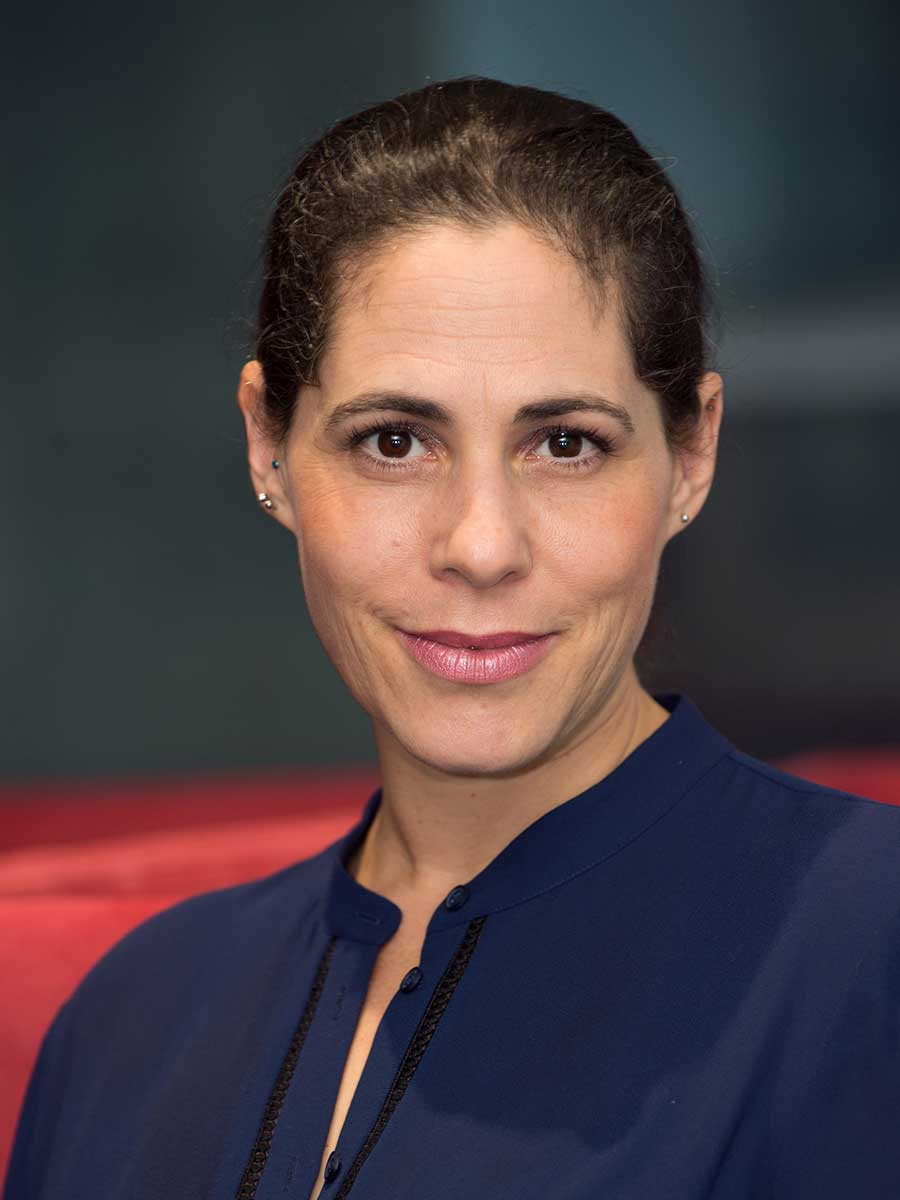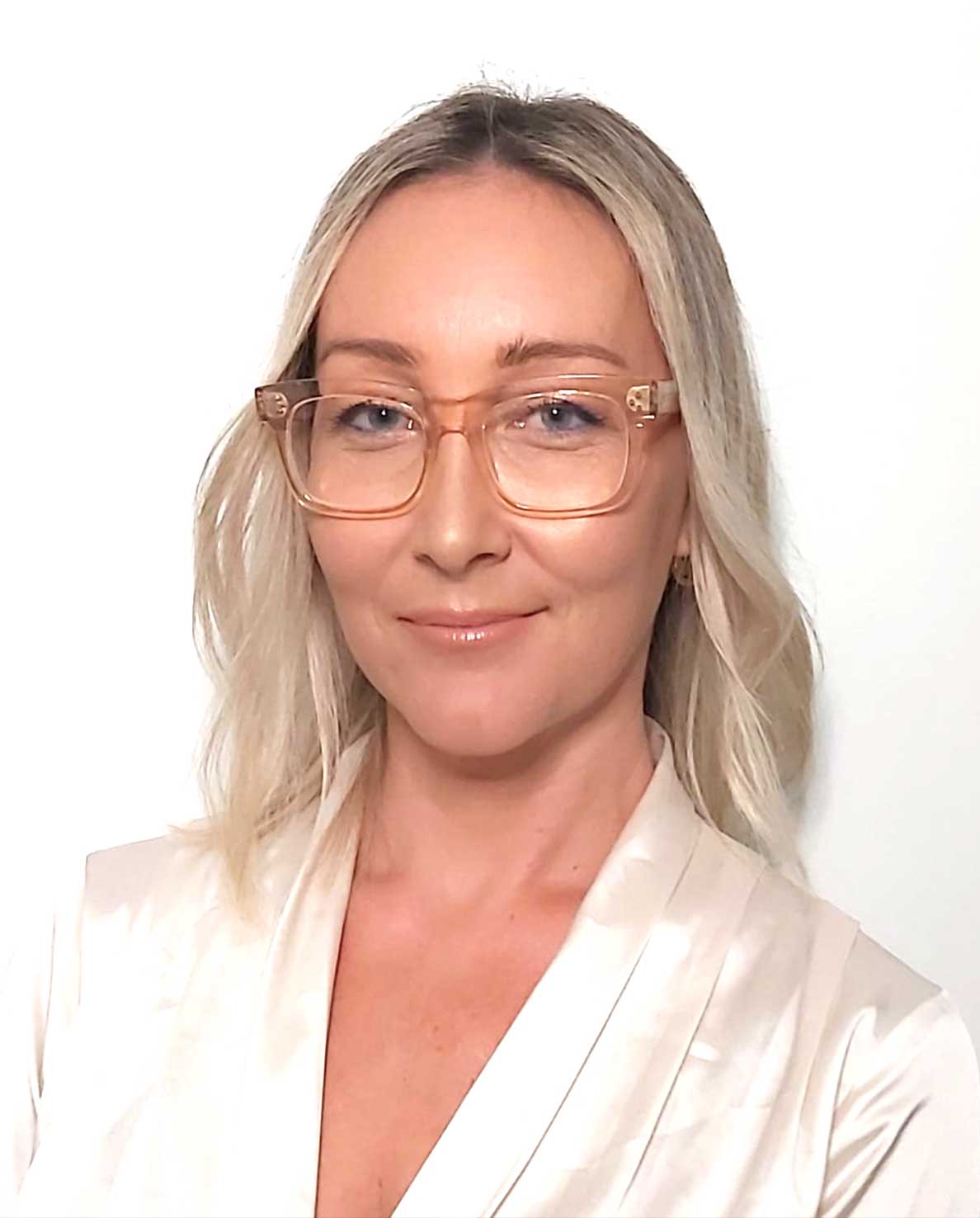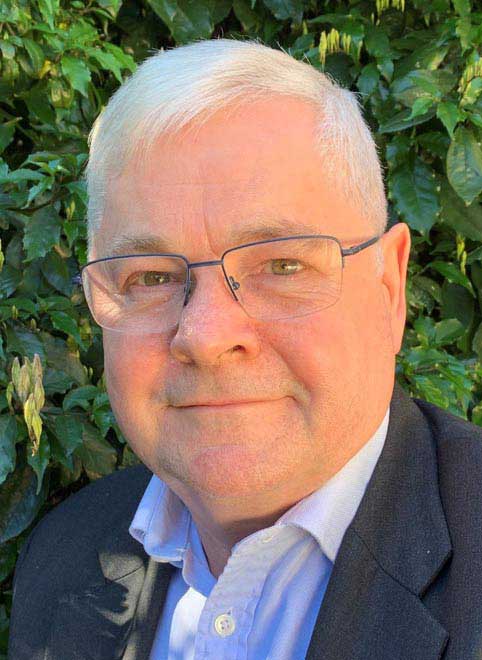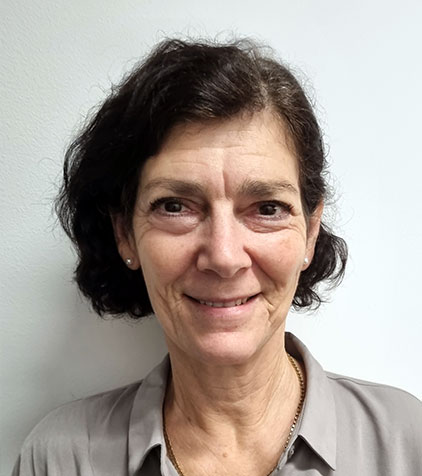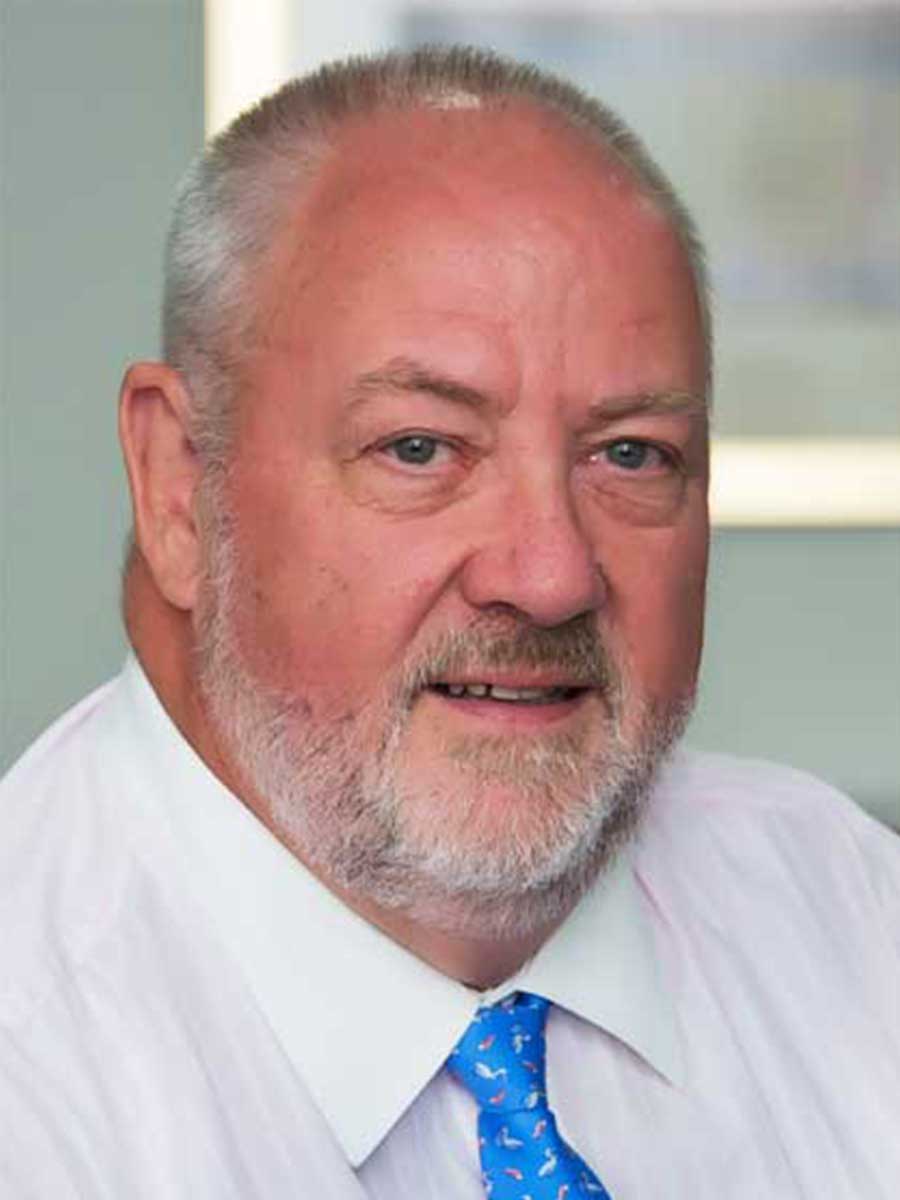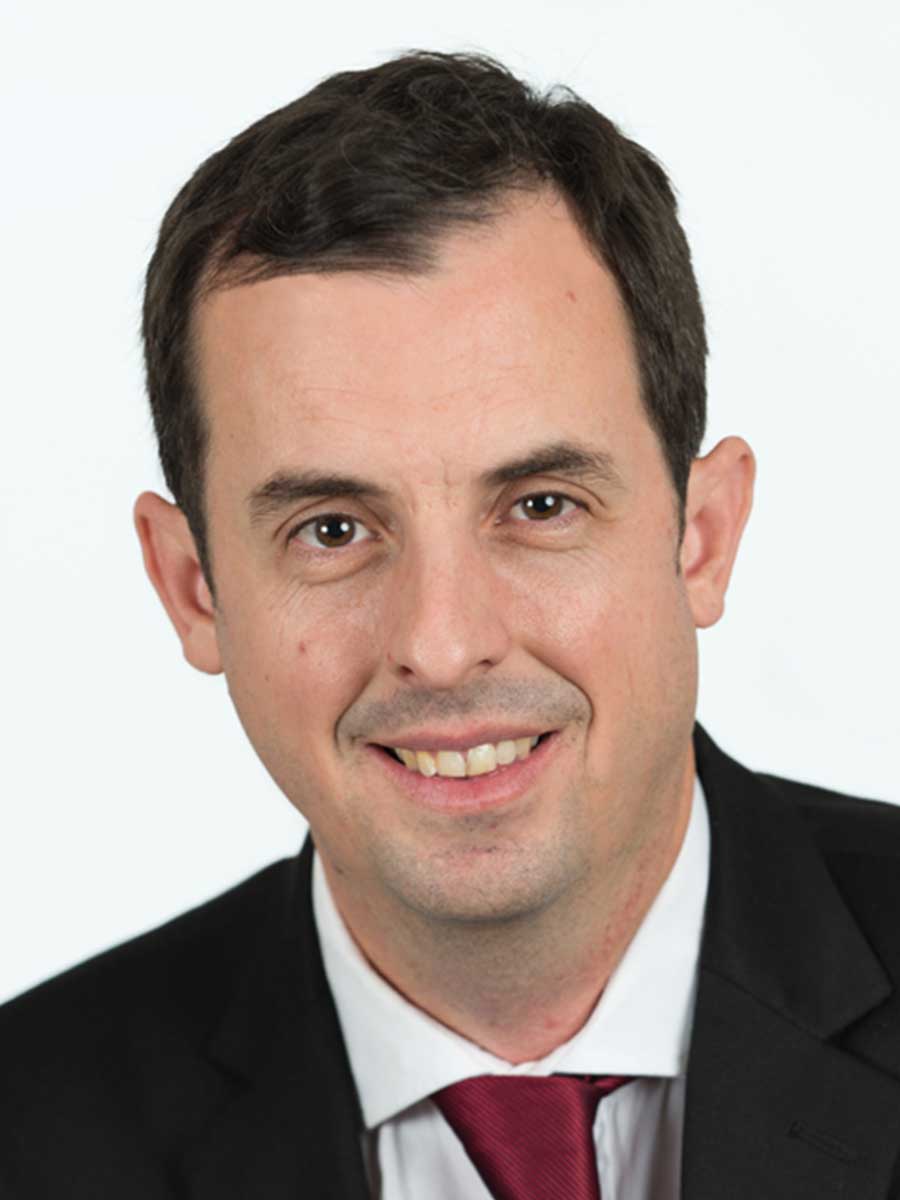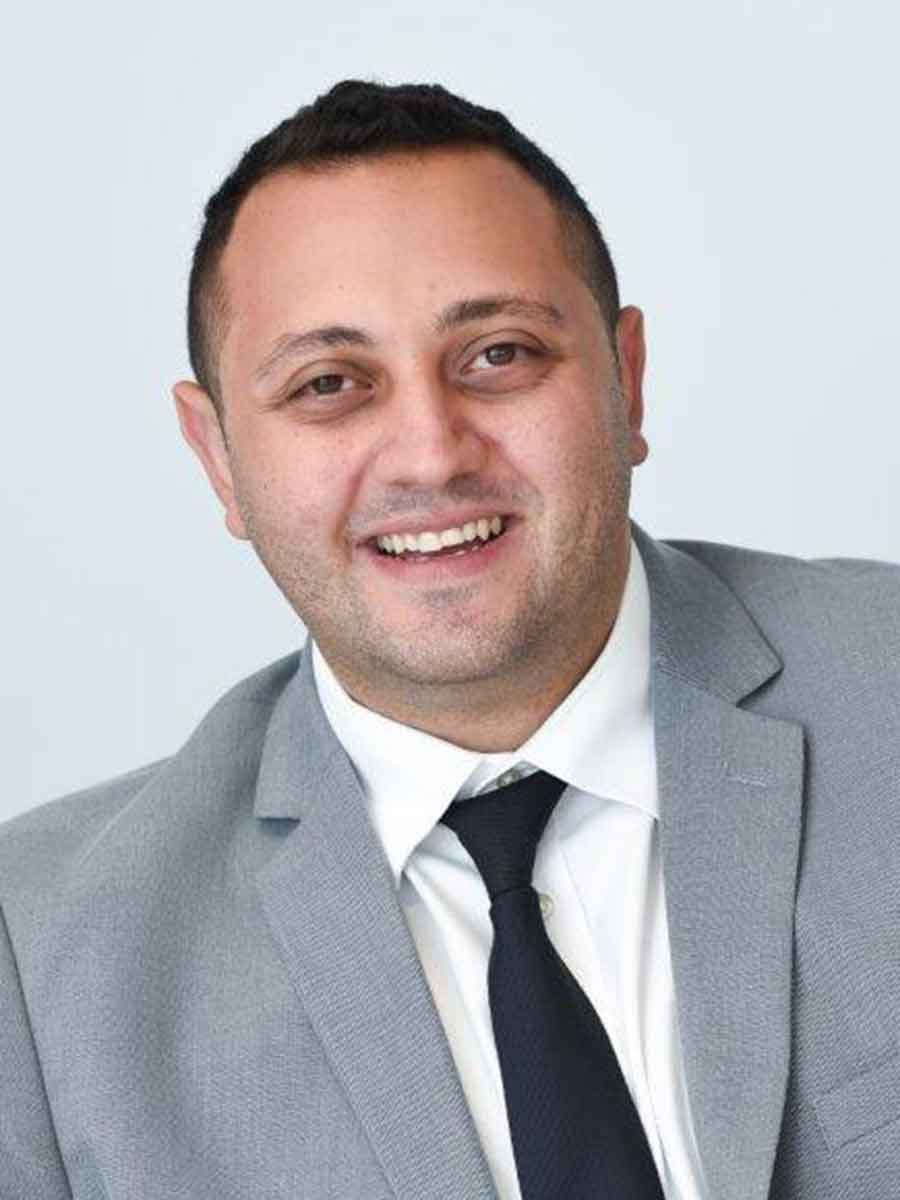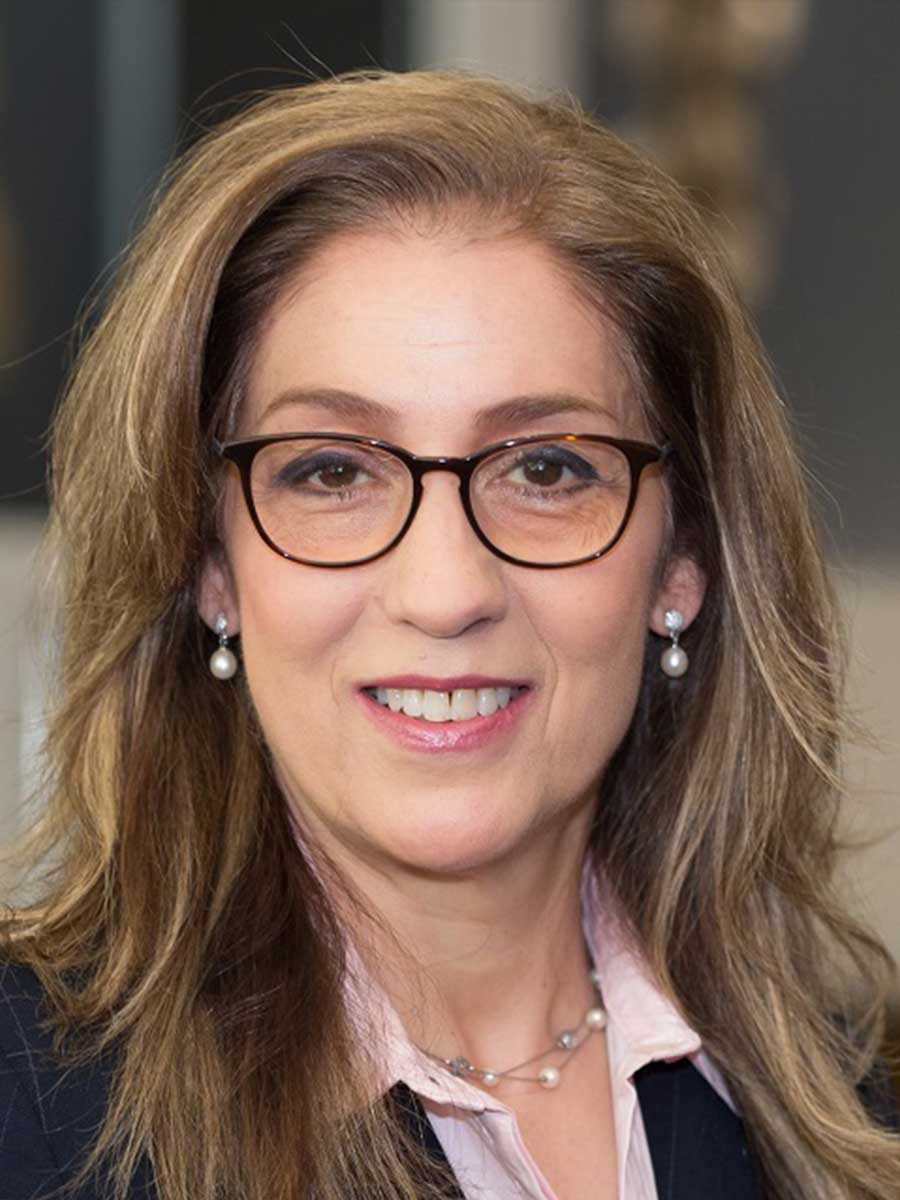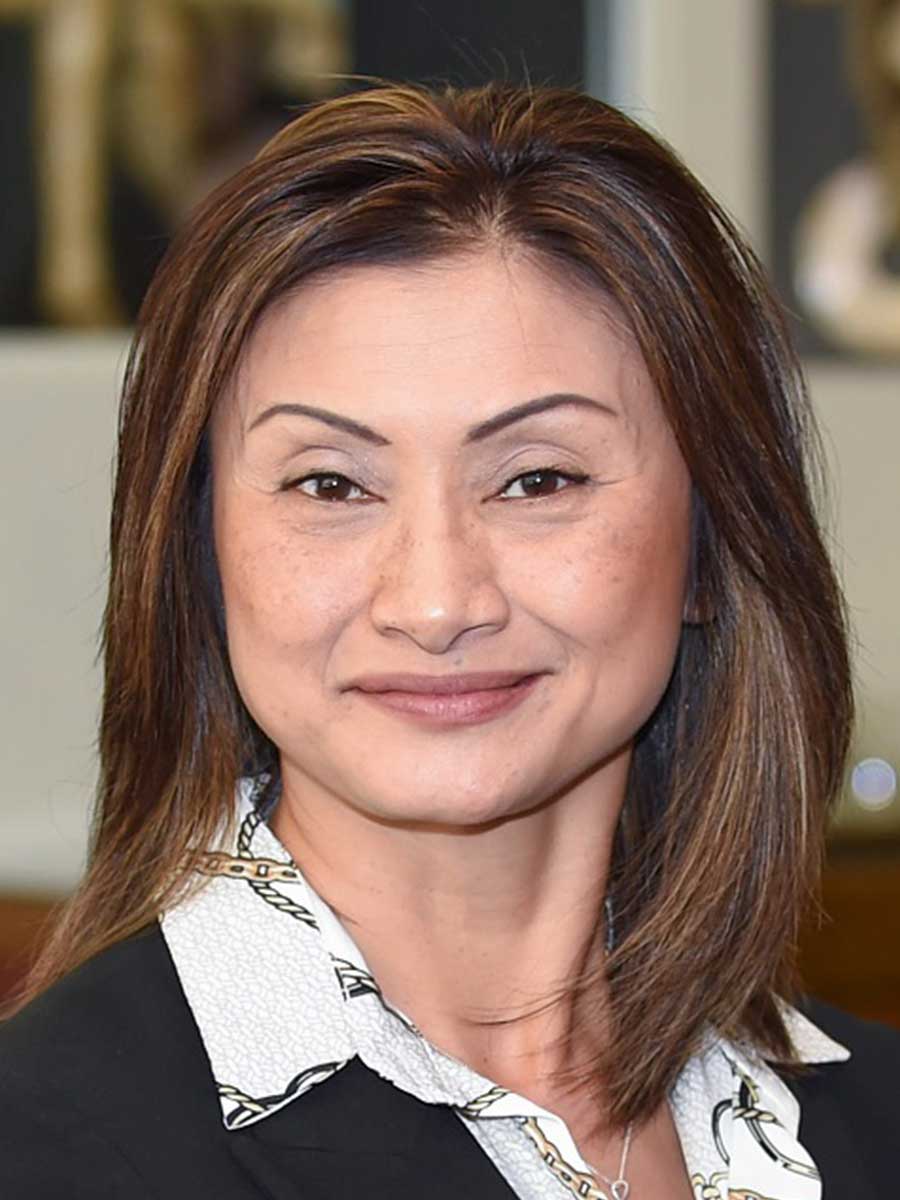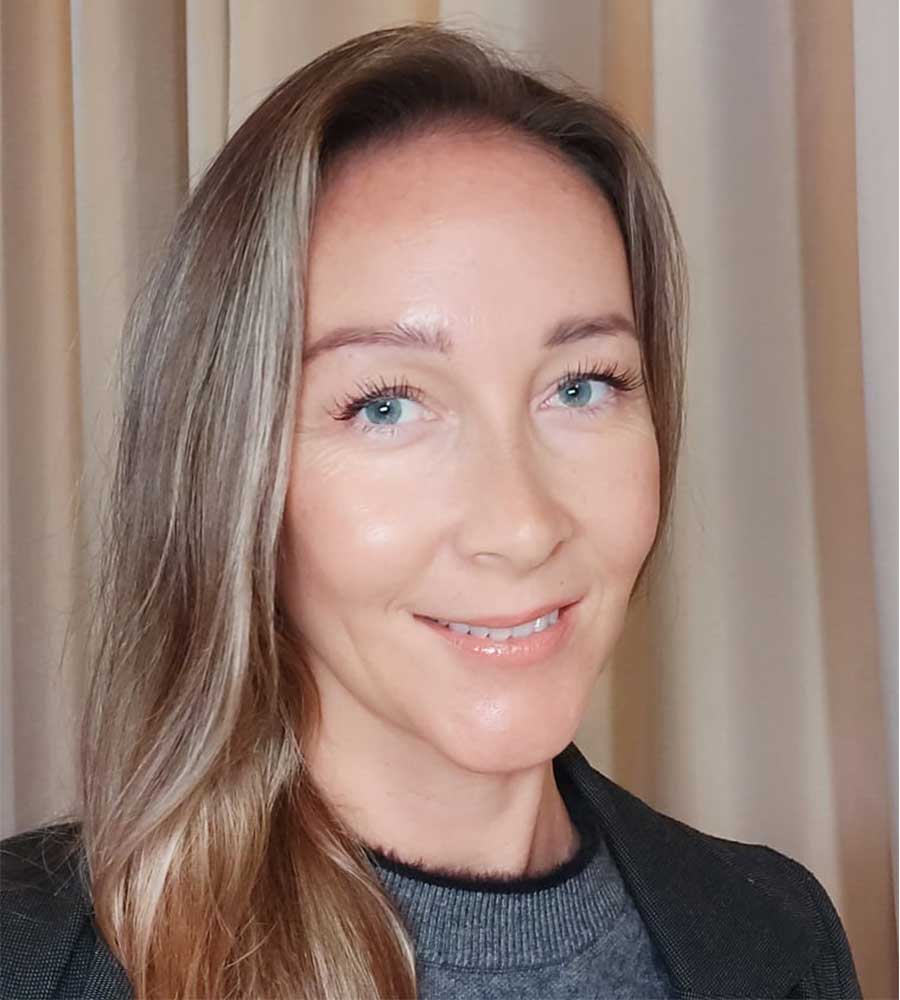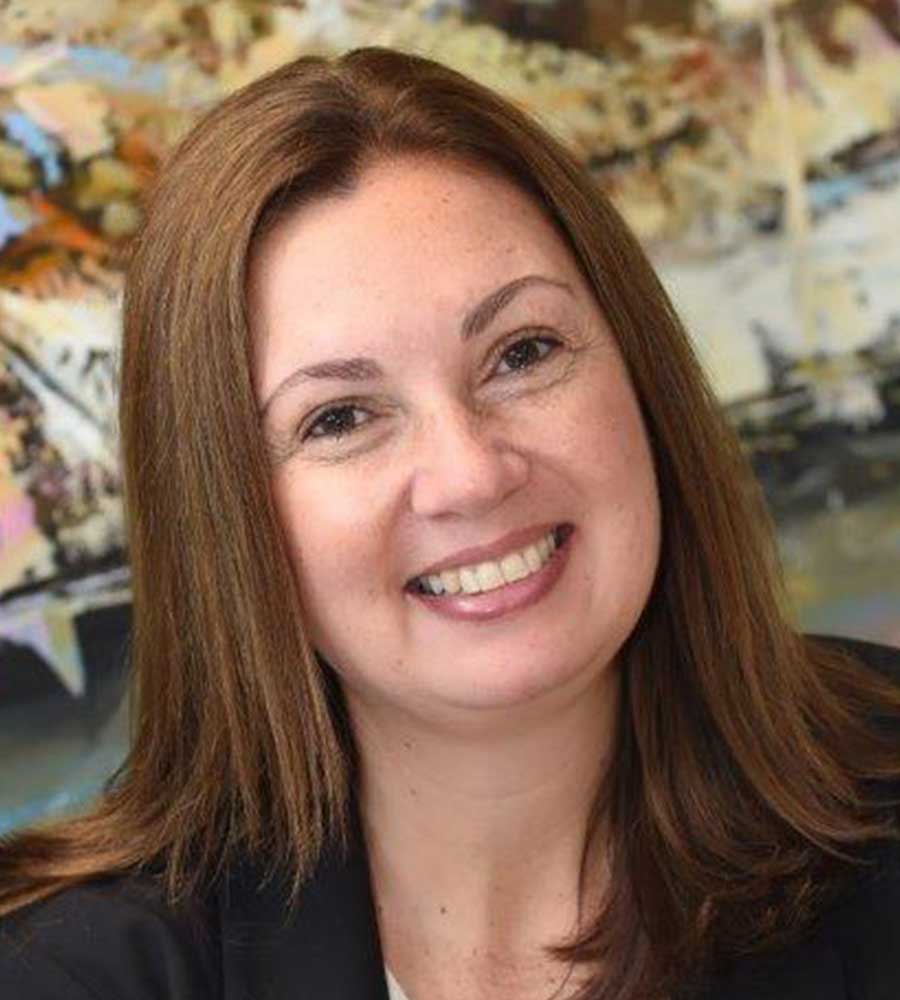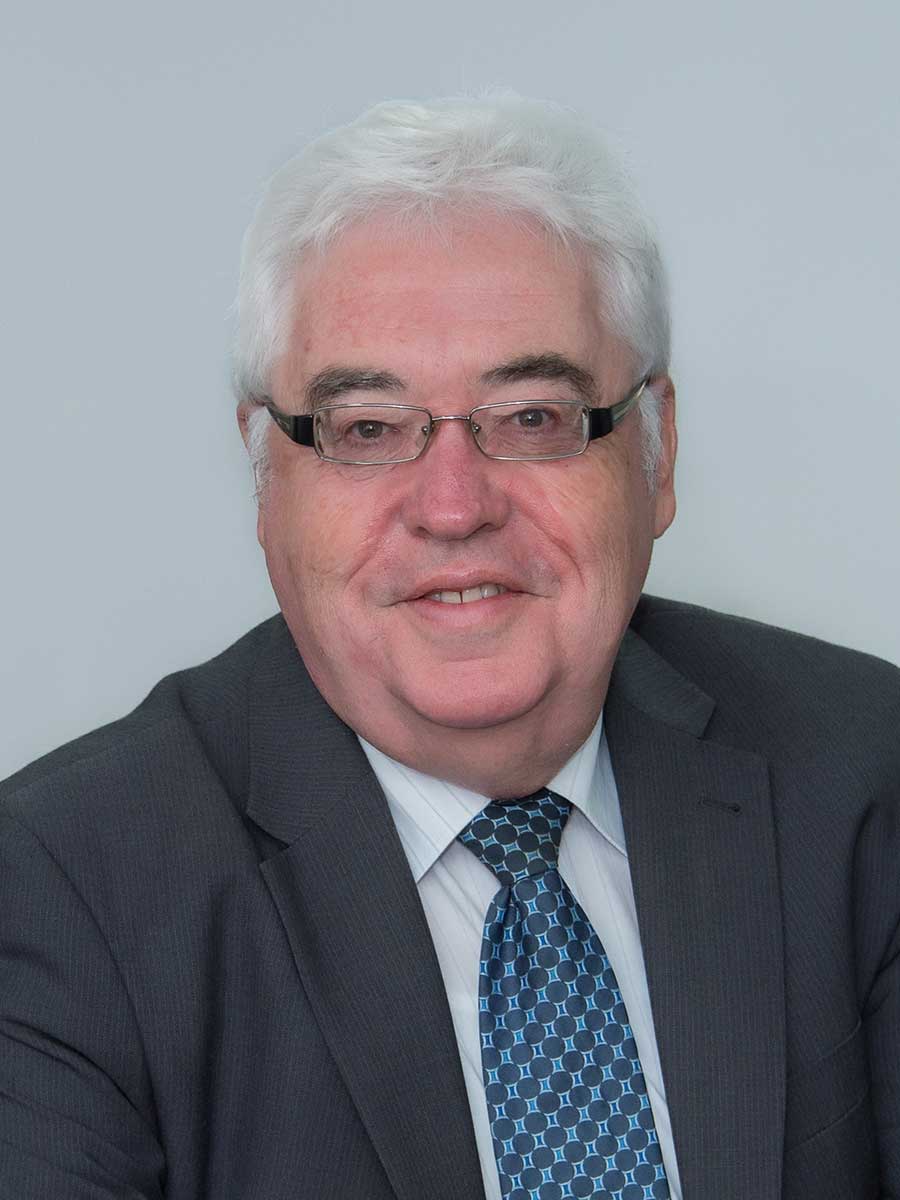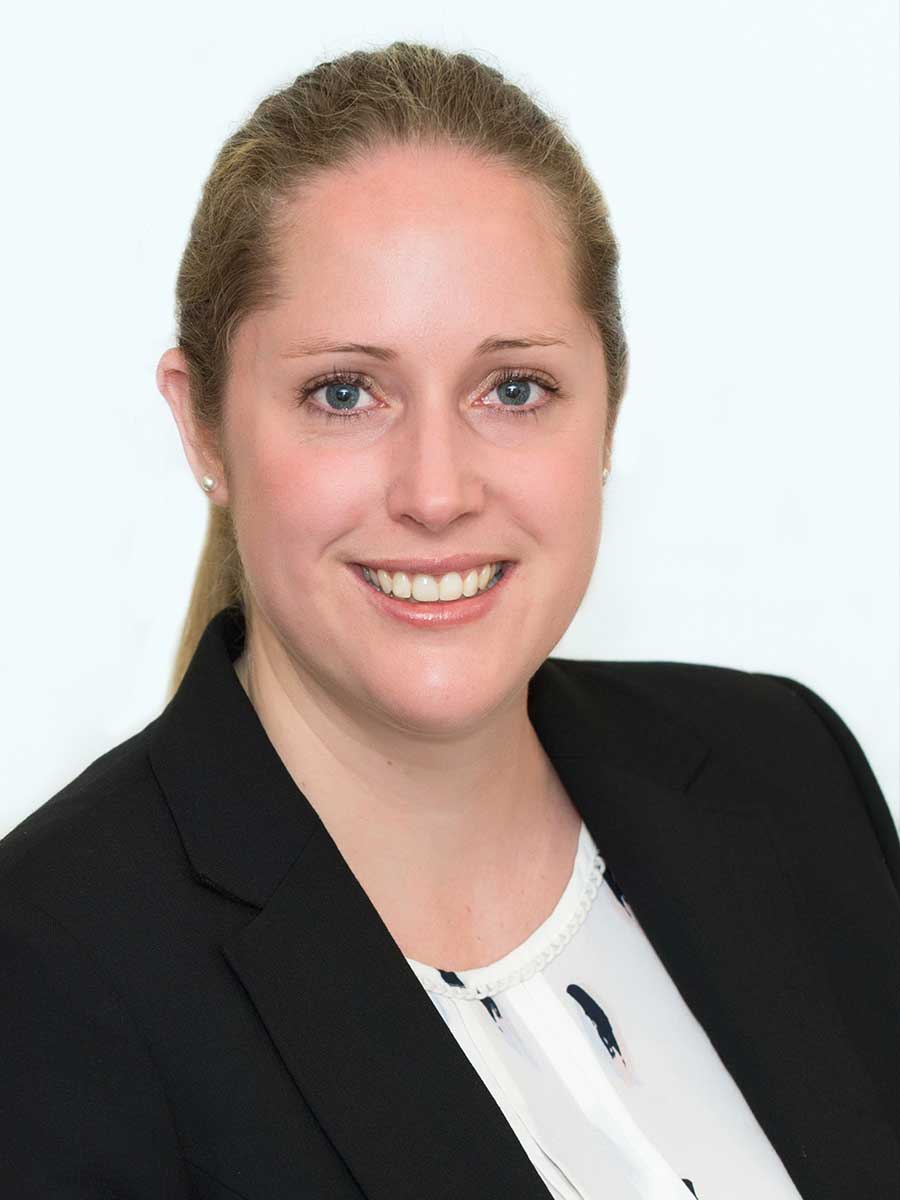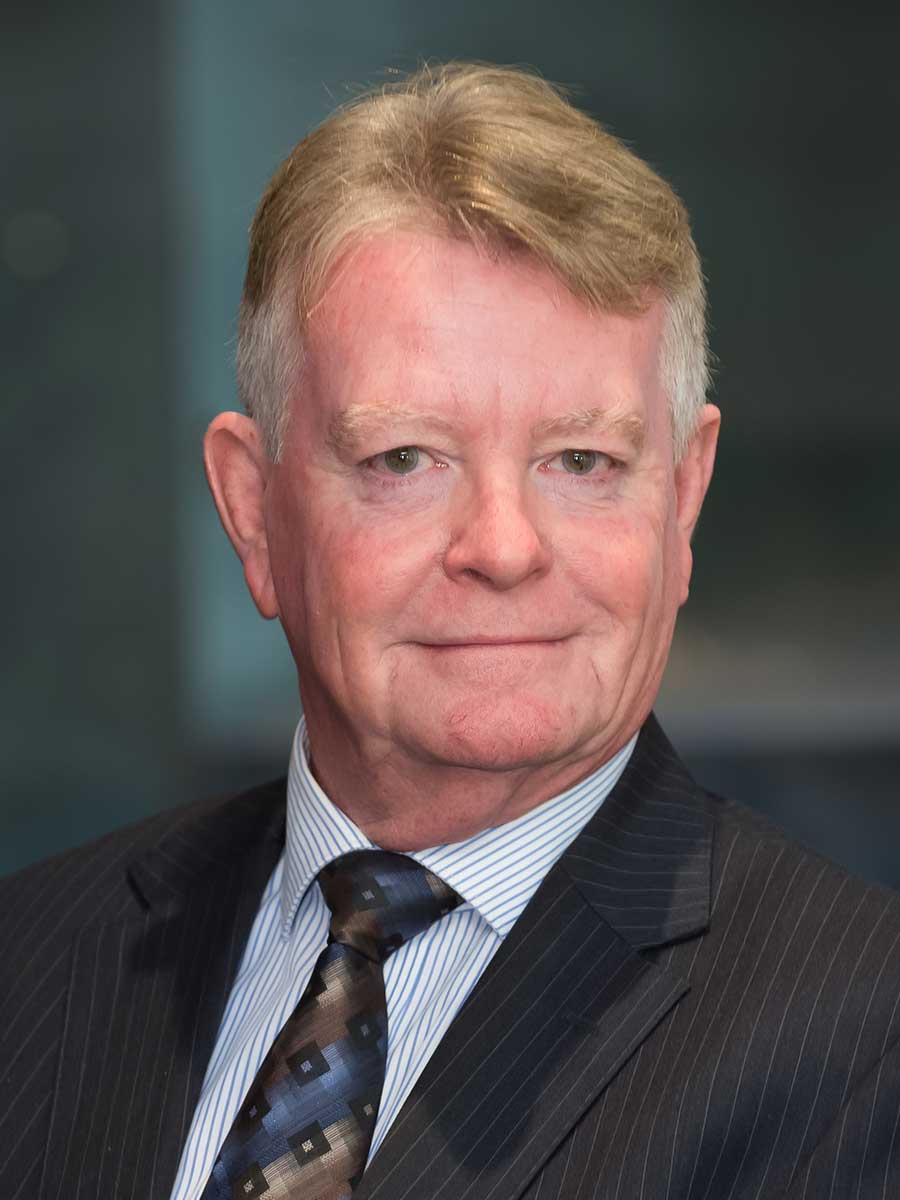Financial planning professionals should be having conversations with their clients as soon as possible about their aged care needs, says a specialist adviser.

.
Speaking at last week’s SMSF Association Technical Summit, Louise Biti, director of Aged Care Steps, said advisers need to be aware of the financial implications of ageing clients and be proactive in protecting their clients’ interests from things such as elder abuse.
“The way we think about retirement has changed. We now have much longer retirements to think about and the challenges and expenses that come with that,” Biti said.
“Chances are for most of us, we're not going to be fit, healthy, active, and then drop dead. For most of us, we will have a period of frailty that might be days, weeks, months, or years. We need to think about that and have contingency plans in place.”
Biti said life expectancy is now around 88 years and retirement can be broken into three phases – half of the retirement is considered active retirement, the next phase is a quieter period which is where clients need to start thinking about support needs, and finally the frailty years where there still may be some independence but support needs are higher.
“The frailty phase is somewhere between about 17 to 25 per cent of retirement and it is a big period to leave exposed. Advisers need to think about whether they can afford to leave their clients that exposed, and whether they can afford to miss the revenue that comes with that aspect as well,” she said.
She continued that for advisers who may think their client base is too young to consider these issues, preparing clients early and having conversations pre-retirement is important.
“Reliance on aged care can surface in any conversation with any client, but they might not raise it. You need to be thinking about it, you need to be raising it,” she said.
“For anyone who thinks they’ve only got young clients, and they’re not going to need to know about aged care, there's a reason you do, because these clients need to understand the aged care system and the reality of what their parents are going to do first. We need to break this down and ask what the parents want to do. Where do they want to live? What do they see as life?”
Regarding funding these years, Biti said there are several options including downsizing and using the contributions to boost retirement savings.
“Where somebody is going into care and they have a spouse who is under aged pension age, superannuation for the younger person can be a good way of sheltering assets, because they're not accessible until that person gets to aged pension age. It’s also an estate planning tool,” she said.
“For your business, thinking about the aged care needs of your clients also offers a multi-generational marketing tool, because it is in this space where you’re talking to your older clients that you also need to be thinking about the opportunity to work for the whole family and to bring the younger generation in as well.”
Aged care is a multi-generational tool for financial planning businesses, Biti said, as the next generation will also need advice.
“Research has been done in this space which found that the majority of children who are inheriting all this money and property do not have a financial planner, and less than 10 per cent will get advice from their parents’ financial planner or adviser,” she said.
“That means if you have not had conversations with them and got to know them and show them how you can help support them, they're not going to come to you. There's a lot of business that's going to slip through your fingers as you lose older clients going into this space as well.”
Biti said advisers need to be conscious of their ageing clients and the specific needs that may arise as that phase of frailty nears.
“You might need to go slower and check in with them more. You might need to change how you deliver the information to them and make sure they understand it, go over it again, get them to repeat it.”
Keeli Cambourne
July 29 2024
smsfadviser.com


